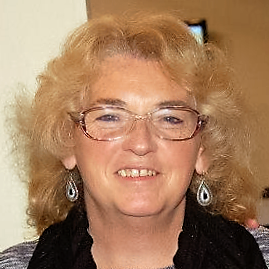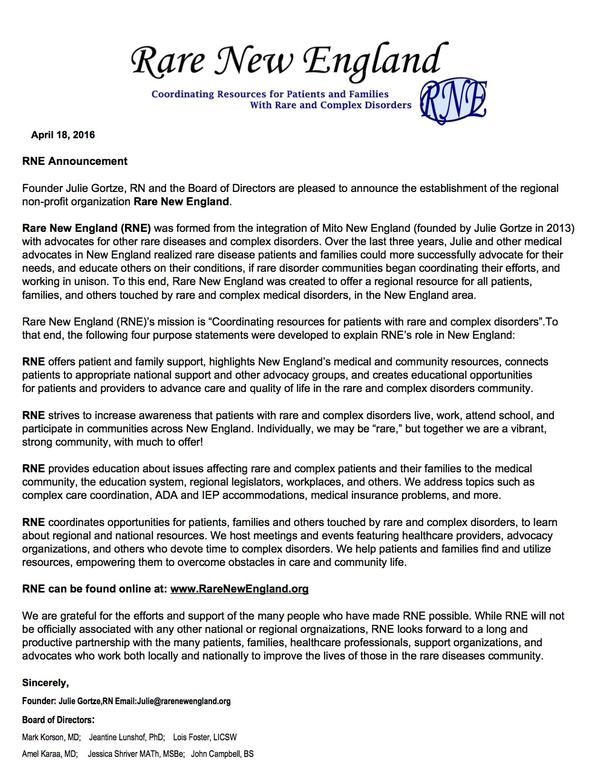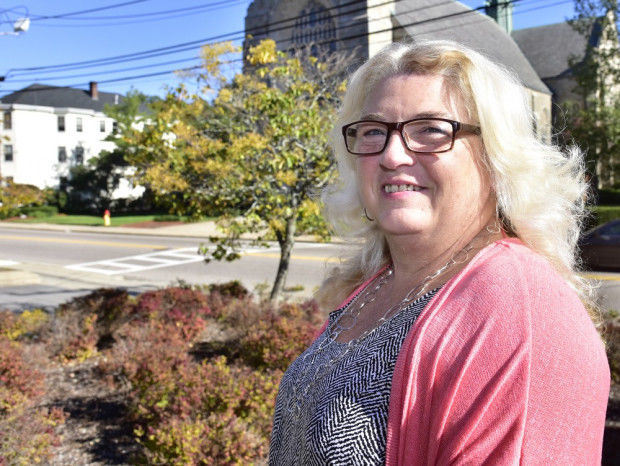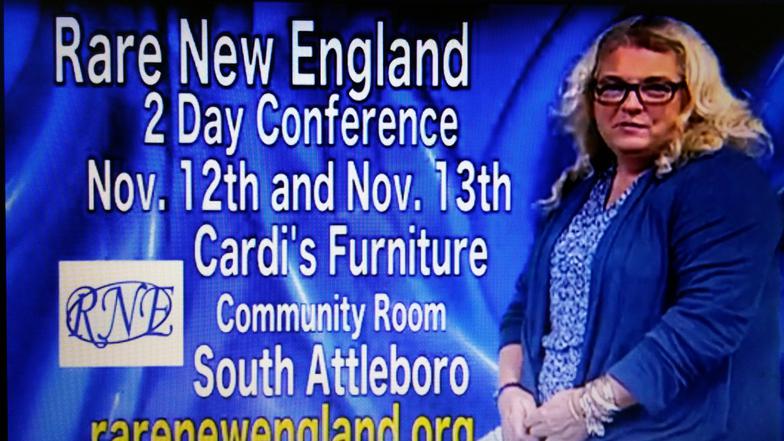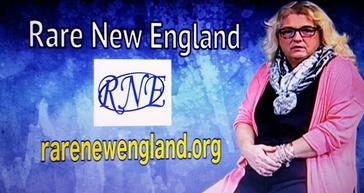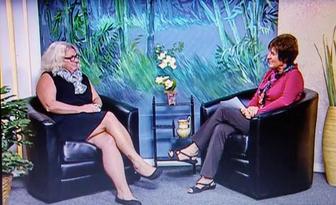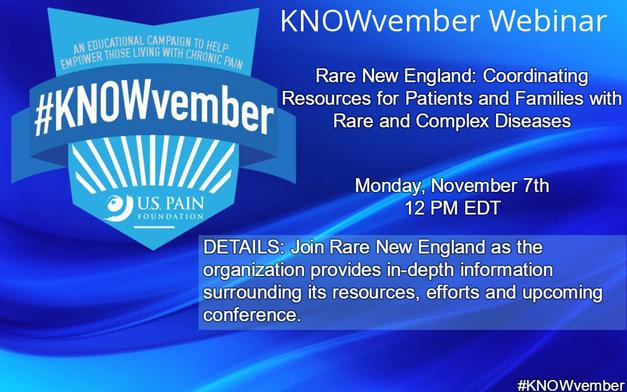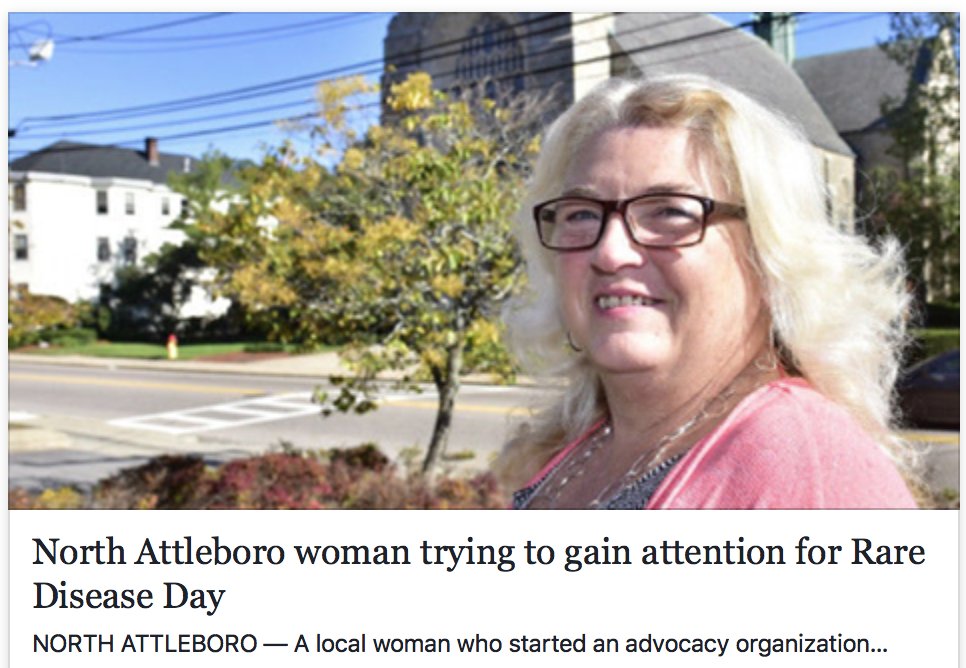RNE in the Media
Boston Globe,
Letter To the Editor
April 04, 2016
TV show treatment does disservice to real issues of mitochondrial disease
Recently, a popular television show aired an episode displaying a case of medical child abuse, likely inspired by the case of Justina Pelletier and Boston Children’s Hospital, which is back in the news. On the episode of “Chicago Med,” a teenage girl diagnosed with “mitochondrial disease” presents to an emergency department with breathing difficulties and is deemed over-medicalized after it is noted that she is on many medications and has undergone many procedures. The girl is ultimately diagnosed with a “conversion disorder” and taken into state custody.
Although we do not dispute the diagnosis based on that case’s unique circumstances, we lament the association of a real, disabling disease such as mitochondrial disease with conversion disorder and medical child abuse. Mitochondrial diseases are complex conditions with variable symptoms affecting several organs and presenting in different ways with different degrees of severity. They have devastating effects, not only on patients but on entire families, with limited treatment options and no cure.
Mitochondrial diseases are not well known, even among the physician community. When legitimate awareness is replaced by ill-conceived associations in the popular media, it casts a shadow on the impact this disease has on patients and families. Incorrect statements on the TV show, such as references to mitochondrial disease as a “waste-basket” diagnosis, only spawn further medical misconceptions and heighten suspicion. In such a climate, parents of sick children fear they might be falsely accused and actually question the safety of pursuing medical care.
Where rare diseases are concerned, truth and heightened awareness are needed more than a sensational television plot.
Dr. Amel Karaa, clinical geneticist
Massachusetts General Hospital, Boston
Julie Gortze, RN is a registered nurse and patient advocate
North Attleborough
Dr. Mark Korson, Medical Director
Genetic Metabolic Center for Education, Salem
Gortze is a liaison with the National Organization for Rare Disorders.
Click below to listen to RNE Founder
Julie Gortze explain the founding and purpose of Rare New England on this blog radio post for the Powerful Patient!
"One of the problems patients face is they don't know what resources are out there," Gortze, 57, said. "Even their physicians might not know. Many times they're in over their head just trying to provide for their patients medically, that they don't have time to look for the other things that still provide quality of life, just maybe not in a medical sense."
That's where Rare New England steps in.
Gortze and her board of directors travel to conferences hosting rare disease experts and gather information not readily available to many. In just a few months, they've become Internet sleuths tracking down websites and online resources for the patients who come to them for help.
And, with those resources behind them, they offer free consulting to those who call or email in - including physicians - pointing them toward other non-profits and federal or state programs that can offer assistance.
"The challenges that patients face aren't always medical - sometimes they need emotional or financial support as well," Gortze said.
And these challenges vary from person to person, disease to disease, making resources hard to find, Gortze said.
Some diseases affect one body system, others multiple body systems. Symptoms can be conflicting and medical tests can add up, if there even are tests available for that disease. After all of that, treatments and cures are rare and research is scarce. And, many times patients face multiple misdiagnoses and can encounter delayed medical care, especially in emergency rooms, where doctors aren't readily equipped to respond appropriately to their symptoms.
Beyond medical care, children often struggle with educational plans and families face financial issues when parents are put out of work, Gortze said.
Her goal is to help them navigate those concerns on their own.
"I feel the more information they have, the more empowered they are to make the right decisions for themselves and for what they consider to be a good quality for life," Gortze said. "And it varies from patient to patient. There is no one right answer."
In addition to individual counseling, the organization hosts support groups to help patients find a community of their own - something Gortze found helpful when she started her own support group three years ago.
"I realized when I was diagnosed that I didn't know anyone else with that disease," she said. "There was nobody to talk to because nobody really understood what I was going through.
"So I started a support group, and about 20 people showed up for the first meeting. These were people who came from the same town, but didn't know each other, didn't know there was someone else facing what they did - and now they're each other's greatest support."
And, Rare New England hosts free events, bringing in experts on everything from physical therapy skills one can try to legislative efforts to provide more support for rare diseases.
In November, they'll host their first two-day conference on the importance of effective communication between patients and medical teams, touching upon how patients can ensure their concerns are heard when rare diseases are still largely unrecognized.
"We want patients and families to find the support they need to go forward," Gortze said. "That's our mission."
For more information: http://www.rarenewengland.org.
KAYLA CANNE can be reached at 508-236-0336, at kcanne@thesunchronicle.com and on Twitter @SCNAttleboro
Posted: Wednesday, October 12, 2016 10:46 pm | Updated: 3:12 pm, Thu Oct 13, 2016.
BY KAYLA CANNE SUN CHRONICLE STAFF
Many challenges those with rare diseases face stem from a lack of information between patients and doctors alike, causing confusion, frustration and misdiagnoses on a long journey toward recovery, North Attleboro's Julie Gortze says.
She knows from experience.
It took doctors almost five years to diagnose her own rare disease when she became sick eight years ago.
This, with a professional background in nursing, led Gortze to form Rare New England, a non-profit organization working to bring more resources to families affected by one of over 7,000 rare diseases recognized today.
MARTIN GAVIN / SUN CHRONICLE STAFF
Julie Gortze founded Rare New England to advocate for people with rare diseases
RNE President, Julie Gortze, sharing the focus of the conference "Staying Safe in a Complex World- Improving Communication Between Patients, Families and Medical Teams" on Mansfield Cable Station.
Oct 2016
Click HERE to hear more!
RNE President, Julie Gortze, sharing about RNE's Mission on Mansfield Cable Station.
Oct 2016
Click HERE to hear more!
Julie Gortze chatting with Marjorie Begin on The Learning Curve about rare diseases and RNE's purpose.
Oct 2016
Click HERE to hear the show.
US Pain Foundation hosted a webinar asking RNE to speak about our services.
Click HERE to learn more!
Check out RNE board member, Dr. Mark Korson's article "KORSON AND HEROUX: Diseases so rare even doctors haven't heard of them" by clicking HERE!
Check out RNE board member, Jeantine Lunshof in the article, "In a lab pushing the boundaries of biology, an embedded ethicist keeps scientists in check" by clicking HERE!
Check out The Sun Chronicle's article on RNE founder, Julie Gortze and her mission to help spread awareness about Rare and Complex Diseases on Rare Disease Day!


